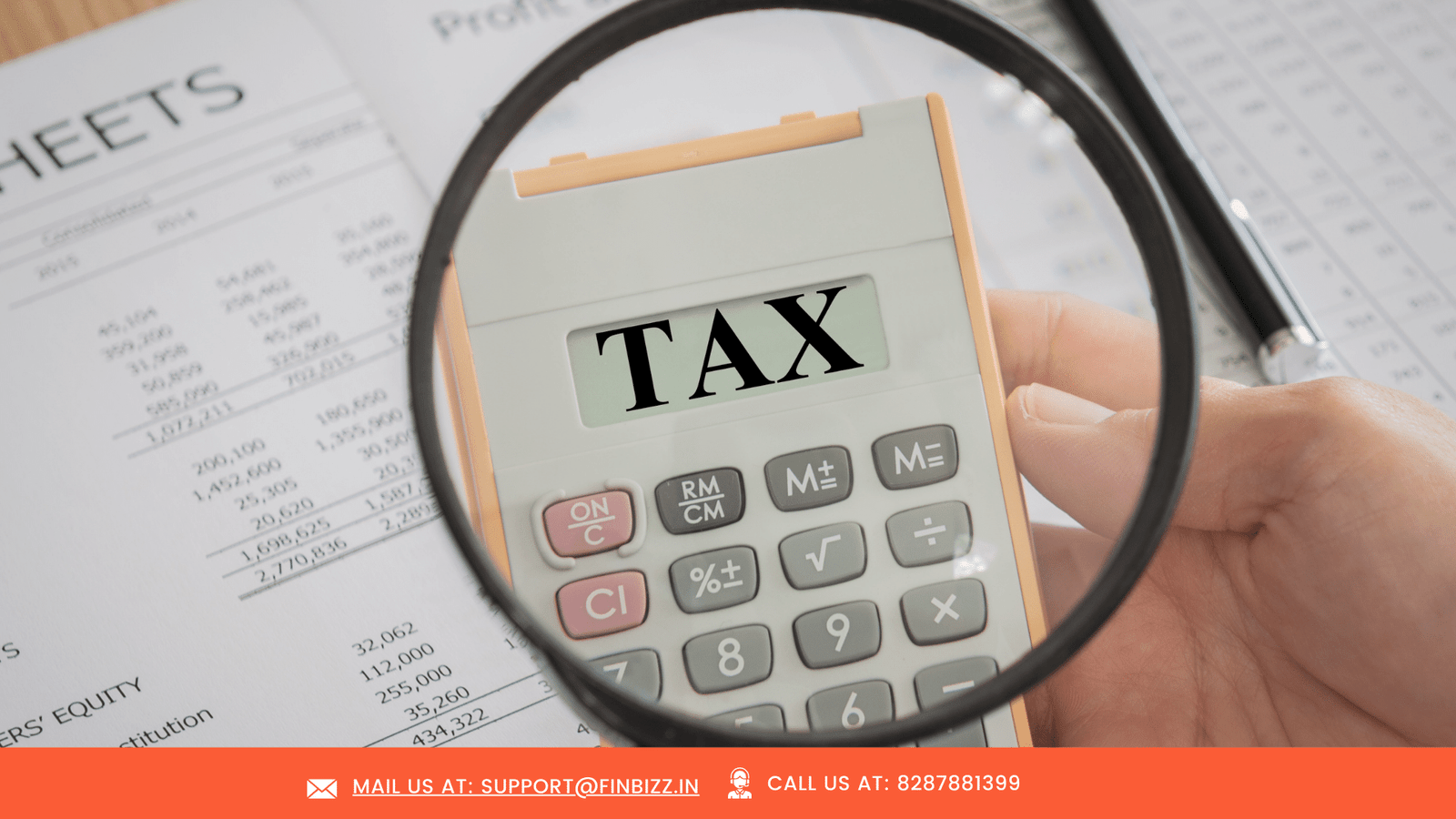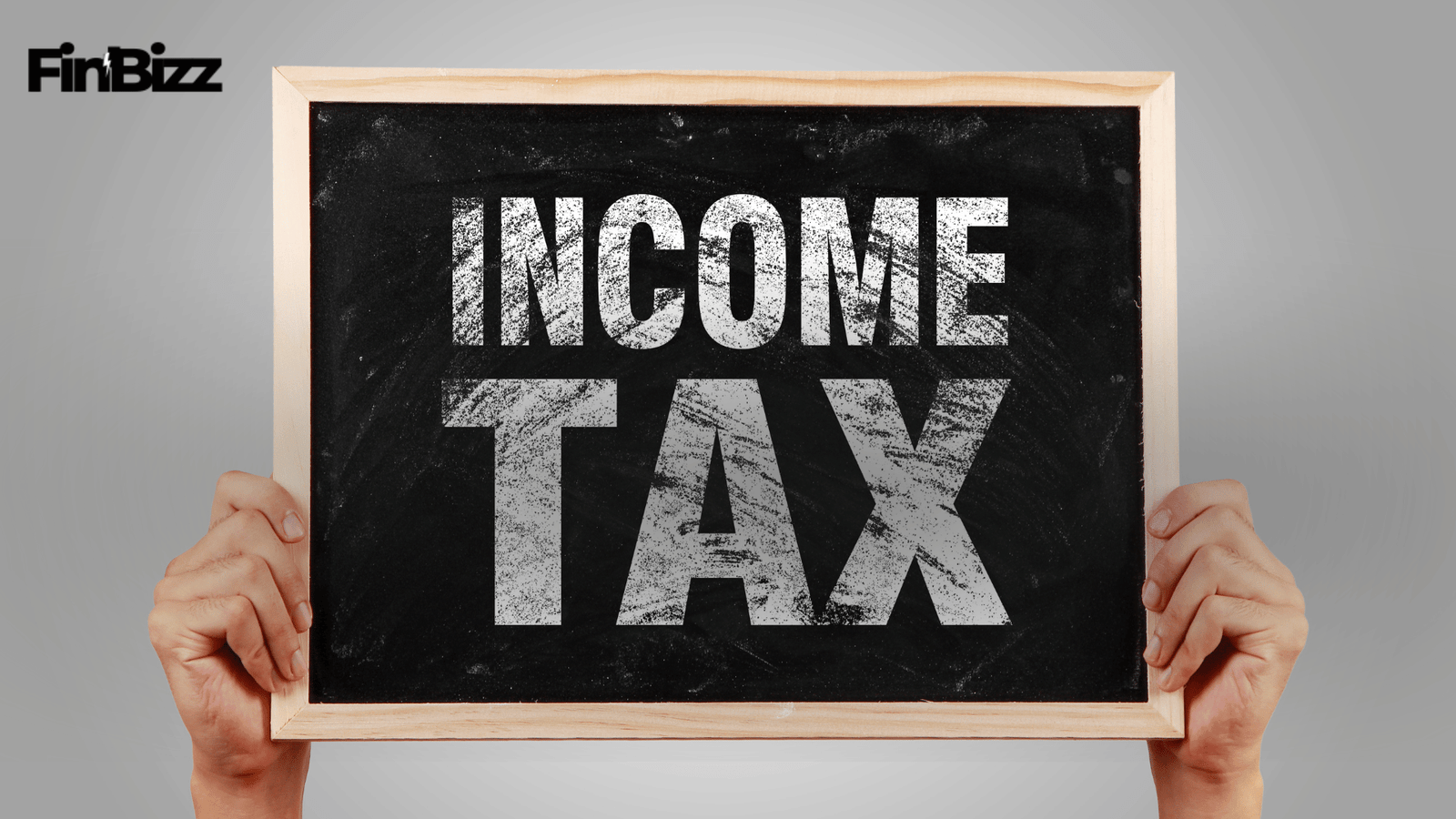Overview
Dividends represent a fundamental component of investment income, rewarding shareholders with a portion of a company’s profits. With recent shifts in tax legislation, particularly the abolition of the Dividend Distribution Tax (DDT) in 2020, understanding how dividends are taxed is crucial for both individual investors and corporations. This comprehensive guide by FinBizz delves into the intricacies of dividend taxation, offering insights to help you navigate this complex aspect of investment income efficiently.

Understanding Dividends
Types of Dividends
Dividends are primarily classified into two types:
- Cash Dividends: These are the most common form, where companies distribute profits directly in cash to shareholders.
- Stock Dividends: Alternatively, companies may issue additional shares to shareholders, proportional to their existing holdings.
Eligibility for Receiving Dividends
To receive dividends, an investor must own the stock before the record date, which is determined by the company’s board of directors.
Tax Implications on Dividends
Dividend Distribution Tax (DDT)
Previously, companies were required to pay DDT on dividends before they were distributed to shareholders. This tax was deducted at the source, and it significantly impacted the net dividend income received by shareholders. However, the 2020 Finance Act eliminated DDT, shifting the tax liability from the company to the shareholders directly.
Post-2020 Tax Changes
Post-DDT, dividends are taxed as regular income under the Income Tax Act. This means that dividends are now added to the total taxable income of the shareholders and are taxed according to their respective income tax slabs. This change aims to streamline tax administration and enhance transparency in dividend distribution.
Taxation for Corporate Shareholders
For corporate entities that receive dividends, these dividends are taxed at the applicable corporate tax rate. Nevertheless, certain deductions may be claimed to reduce the tax liability, particularly when dividends are received from other domestic companies.

Reporting Dividends on Your Tax Return
Documentation Needed
Maintaining precise records is essential. Shareholders should keep all dividend statements, which detail the amount of dividend paid, the tax deducted, and other pertinent information. These documents are crucial for accurate tax filing.
Filing Process
Dividend income must be reported under the “Income from Other Sources” section on the tax return forms. It is essential to report each dividend income separately to ensure compliance with tax regulations.
Strategic Tax Planning with Dividends
Utilizing Tax-Advantaged Accounts
One effective strategy to optimize tax on dividends is to utilize tax-advantaged accounts such as Individual Retirement Accounts (IRAs) or 401(k) plans, where dividends grow tax-deferred or tax-free, depending on the type of account.
Adjusting to Income Slabs
Since dividend income is added to your total taxable income, it could potentially push you into a higher tax bracket, increasing your overall tax liability. Strategic investments and proper tax planning are crucial to managing this impact and ensuring that your investments remain profitable after taxes.

Conclusion
The taxation of dividends is a significant aspect of investment that requires careful consideration and planning. With the changes in tax laws, particularly the shift of tax liability to shareholders, it is imperative for investors to stay informed and adapt their investment strategies accordingly. At FinBizz, we recommend consulting with a professional tax advisor to ensure that your investment decisions are both tax-efficient and aligned with your financial goals.
FAQs
1. How are dividends from foreign companies taxed?
Ans. Dividends received from foreign companies are included in the taxable income and taxed at the shareholder’s marginal tax rate. However, tax credits may be available for taxes paid abroad, subject to certain conditions.
2. Can dividends be reinvested?
Ans. Yes, many companies offer Dividend Reinvestment Plans (DRIPs), which allow shareholders to automatically reinvest their dividends in additional shares, often without any brokerage fees.
3. Are there specific tax deductions or credits for dividends?
Ans. There are no specific deductions for dividends; however, the overall tax liability can be managed through various deductions and credits available under the Income Tax Act, depending on individual financial circumstances.




